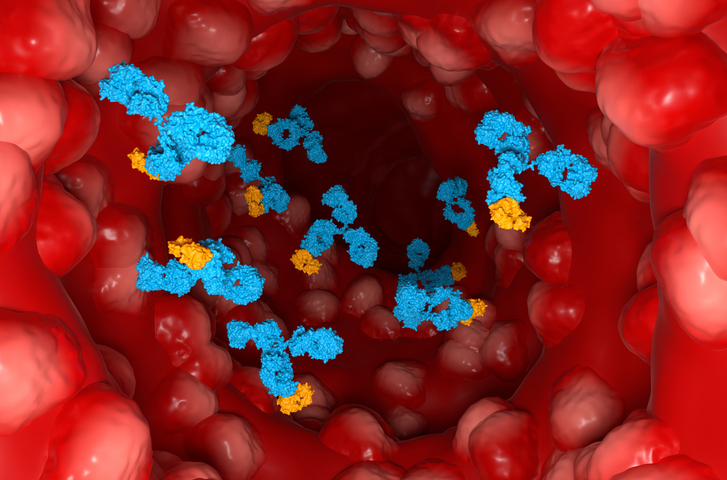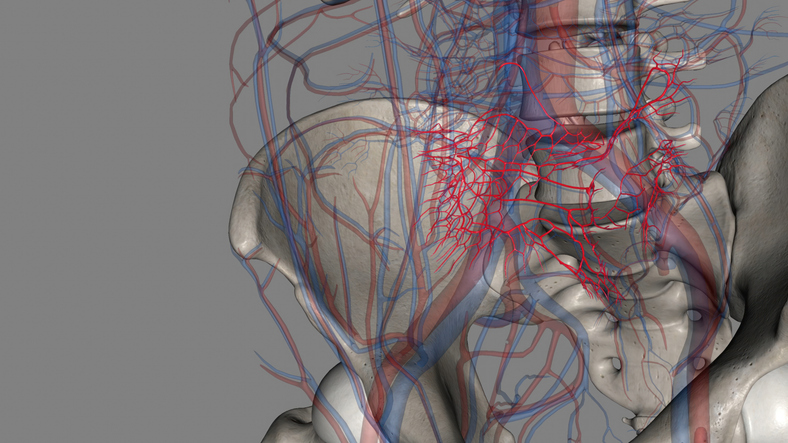
The majority of patients treated with proton pump inhibitors (PPIs) were treated on a long-term basis due to symptoms, according to a study from Southern Denmark. However, a large amount of variability existed between general practitioners regarding management and treatments with PPIs.
The study by Dorte E. Jarbol, of University of Southern Denmark, and colleagues included all general practitioners from the region of Southern Denmark; 51 general practitioners (1,101 patients) and 47 staff members (741 patients) participated in a 4-week audit on all contacts with patients prescribed PPIs.
The majority of patients were taking PPIs daily (64%) and had been taking them long-term (58%). Prior to prescribing PPIs, no prior endoscopy had been performed in 46% of patients and 8% had a test for Helicobacter pylori in the year prior. According to the researchers, “an Hp test-and-eradicate strategy is recommended in guidelines for management of younger people with dyspepsia in many countries”.
Additionally, only one in four patients registered among staff members had a consultation with the general practitioners regarding PPI treatment in the last year.
The most common causes for treatment with PPIs were symptoms (40.7%), epigastric pain or discomfort (37.3%), or prophylactic treatment due to NSAIDs (23.1%). About one in four patients were considered to belong to a group of patients given PPIs with an inappropriate reason indicated.
“Although three out of four patients were treated based on an appropriate reason, a total of 40.7% of the patients had gastroesophageal reflux disease (GERD) symptoms heartburn/retrosternal pain registered as the reason for PPI treatment and few had a diagnosis of esophagitis,” the researchers wrote. “This suggests that a substantial number of patients could attempt dosage reduction as it has been shown on-demand treatment with PPIs is non-inferior to continuous PPI therapy as maintenance treatment for patients with GERD without severe esophagitis.”
Among the noted variabilities among general practitioners, the researchers found that if the general practitioner was 50 or older, the odds of having an endoscopy was significantly smaller compared with patients registered by a younger physician.
“The fact that younger general practitioners more often refer for an endoscopy compared with their older colleagues could imply a more defensive approach among the youngest health professionals,” the researchers wrote. “However, it could also be explained by lesser knowledge about the patients’ history.”
Jarbol DE, Lykkegaard J, Hansen JM, et al. Prescribing of proton-pump inhibitors: auditing the management and reasons for prescribing in Danish general practice. Family Practice. 2019;doi:10.1093/fampra/cmz025.







 © 2025 Mashup Media, LLC, a Formedics Property. All Rights Reserved.
© 2025 Mashup Media, LLC, a Formedics Property. All Rights Reserved.